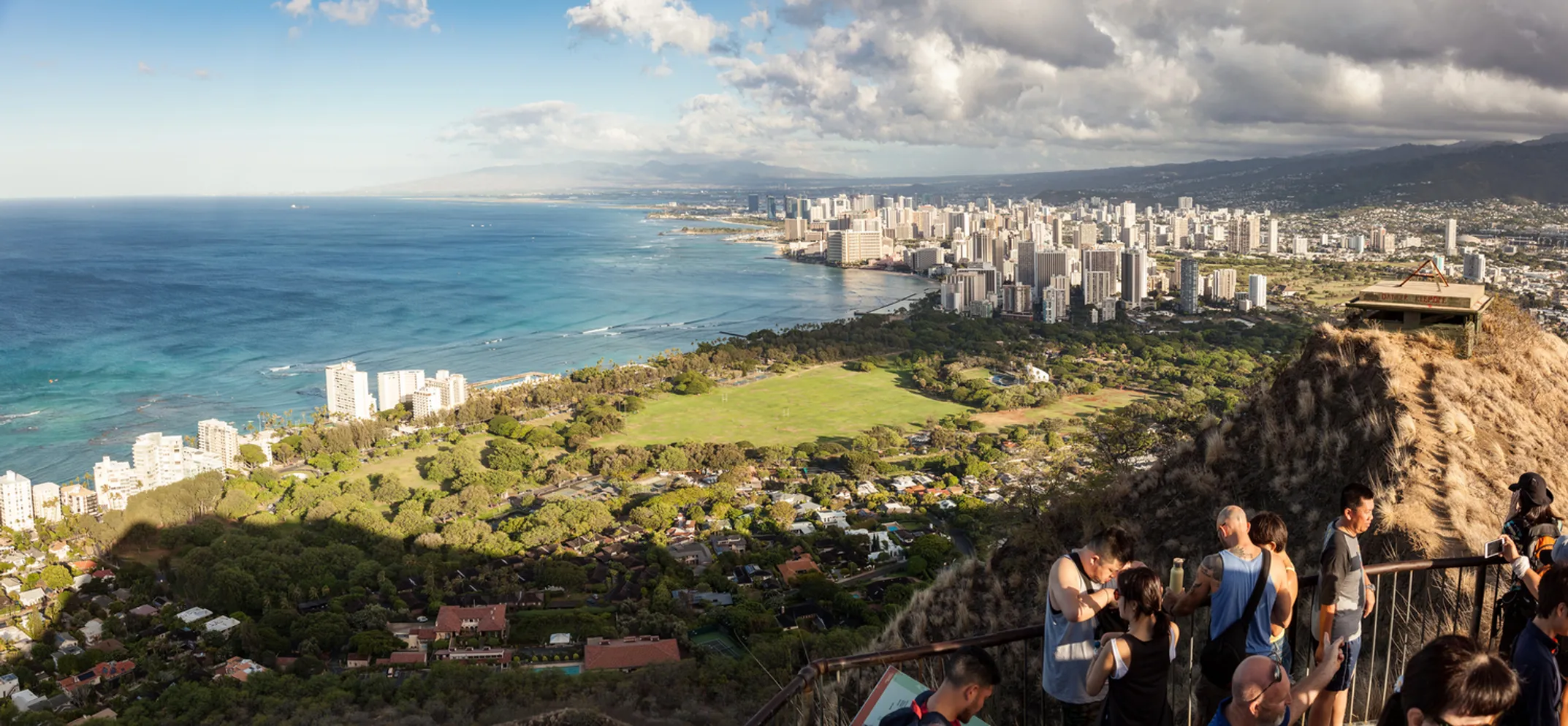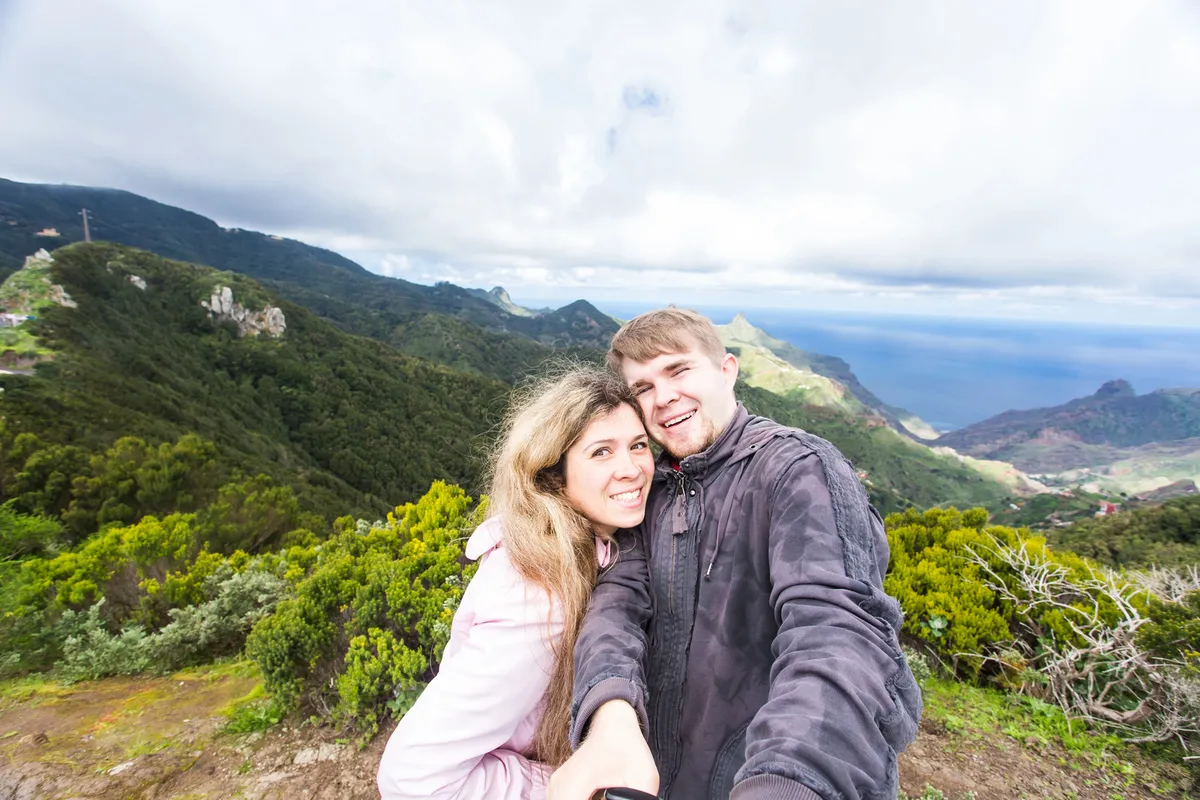
「Minivan Arrival」Honolulu Airport ⮕ Waikiki Hotels Exclusive Transfer
Family Photography Pros Oahu • Service • Honolulu • Oahu

Visiting Our Beaches with Aloha and Respect
In Hawaiʻi, the land and the sea are not just resources. They are our ancestors, our family. This belief is embodied in the principle of mālama ʻāina—to care for the land. It's a concept of reciprocity. If we care for the land, the land will care for us. As a visitor, embracing this value will not only make you a more responsible traveler but will also deepen your connection to these islands.
It's about understanding your kuleana, your shared responsibility, to preserve this special place. When you visit with mālama ʻāina in your heart, you shift from being a mere tourist to becoming a temporary steward of the land.

Enjoying Hawaii's breathtaking viewpoints while respecting the environment and culture
Here are practical ways you can practice mālama ʻāina on our beaches, demonstrating respect for the ʻāina and its cultural significance.
The most fundamental rule. Pack out absolutely everything you bring with you, from food wrappers to bottle caps. This is especially vital on remote beaches that have no trash cans or services, like Kauaʻi's Polihale or the Big Island's Makalawena.
If you see a piece of trash that isn't yours, pick it up. That is the spirit of mālama. Every piece of plastic you remove from the beach or ocean can save marine life and preserve the beauty for future generations.
This is non-negotiable. Hawaiʻi has banned sunscreens containing chemicals like oxybenzone and octinoxate because they are scientifically proven to kill our coral reefs, causing them to bleach and die. The vibrant reefs and marine life you come here to see are fragile.
Protect our reefs by using only mineral-based sunscreens with these active ingredients:
Look for "reef-safe" or "reef-friendly" labels, but always check the ingredients list to be sure.
You may have heard of "Pele's Curse," the legend that bad luck befalls anyone who takes lava rocks or sand from Hawaiʻi. While it's a great story, the real reason to leave things be is rooted in deep cultural respect.
The rocks and sand are not souvenirs. They are part of the physical and spiritual body of the islands. To take them is to disrespect the place and the culture.
Furthermore, it is illegal to take sand from many beaches, particularly the rare black sand beaches, as it is a finite resource that will not be replenished.
Many of our coastlines are home to sacred Hawaiian sites, such as ancient temples, fishponds, and burial grounds. You may see them as simple rock walls or platforms, but they hold immense cultural and spiritual significance.
"Treat them with the same reverence you would any church, temple, or cemetery. These sites connect present-day Hawaiians to their ancestors and should be approached with deep respect and humility."
Our marine animals are not tourist attractions. They are wild creatures and, in some cases, protected endangered species. Respecting their space is both a legal requirement and an expression of aloha.
Legal Requirements:
Why It Matters:
Legal Requirements:
Critical Information:
Legal Requirements:
Respectful Observation:
Observing wildlife peacefully from a respectful distance is the most magical way to share their space. Violations can result in hefty fines and harm to these precious creatures.
By embracing these principles, you shift from being a mere tourist to becoming a temporary steward of the land. You become part of the solution, helping to preserve the magic of Hawaiʻi for generations to come. This is the truest expression of aloha.
Thank you for taking responsibility and visiting our islands with respect, care, and aloha.
Minimum 10 feet away
Minimum 50 yards away

Family Photography Pros Oahu • Service • Honolulu • Oahu

Family Photography Pros Oahu • Service • Honolulu • Oahu
